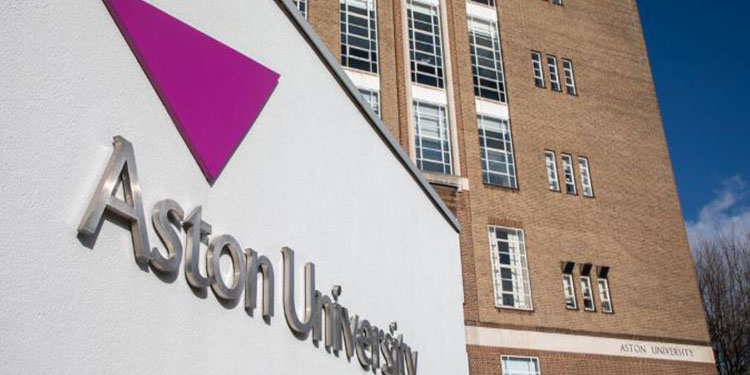
Aston University will address global agricultural waste by creating a transportable, environmentally friendly refrigeration solution for subtropical regions.
Innovate UK has awarded the University a grant of £241,075 that is a portion of the total funding of more than one million pounds for the CoolRun project in Malawi, southern Africa.
In order to keep fruit and vegetables cool, the researchers must create a transportable refrigerator box that uses a phase-change material that can emit or absorb energy.
The majority of Malawi experiences unstable electrical supplies and running internal combustion generators and compressors is becoming more and more expensive due to the rising cost of fossil fuels.
The main sector in the nation is agriculture, however because there isn’t a dependable cold supply chain for fruits, vegetables and other perishable items, up to 50% of harvested crops are allowed to rot.
The project will entail building a cold air blaster that uses a solar-powered refrigeration unit to chill the phase-change panels and lower the temperature of the crops at a central place. The food is then moved to mobile CoolRun pods, where a cloud database allows the supplier and the client to track its position and temperature.
Aston University will create a digital twin of the design, which will be used to shape the final version.
Dr. Muhammad Imran, a professor in engineering and technology at Aston University, is in charge of the group. According to estimates, the scheme will lessen reliance on imported vegetables from surrounding African countries and prevent 1,539 tonnes of food from going bad.
By 2032, 86 hubs are expected, which could result in the creation of 5,557 jobs and annual food savings of $393 million at an average price of $2 per kilogramme. Additionally, using solar energy will lessen the need to generate electricity using fossil fuels.
Dr. Abed Alaswad, an associate professor in engineering and technology and colleague researcher, stated: “The crop cannot be easily sold to shops or supermarkets where it could fetch higher prices because it is not chilled.” Thus, the university team will also carry out research on how technology affects gender and underrepresented groups.
“It is hoped that once the project is up and running, it will help women develop their businesses and cut waste from 50% to less than 5%.”
The CoolRun technology, according to the experts, may be developed in the Americas, Africa and the Far East and will reduce the strain on regional electrical systems.
Along with its partners Hubl Logistics, Enterprise Projects Ventures Limited (EPVL), Malawi Fruits and Engineeronics Ltd. in the UK and Modern Farming Technology (MFT) in Malawi, Aston University will collaborate with this project.
A period of two years will pass during the project. The Engineering for Sustainable Development Research Centre at the University, which is a division of the Department of Engineering and Physical Sciences, is home to Drs. Imran and Alaswad.
